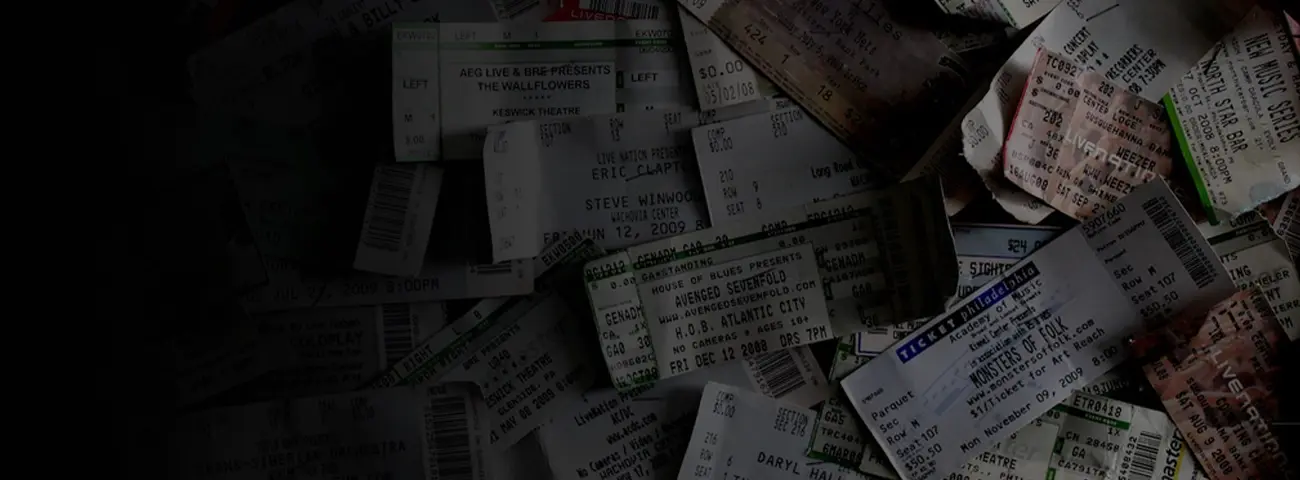Navigating Current Legislation in the Live Events Industry
Between anticompetition arguments and price transparency concerns, live event tickets have been a hot topic in the nation’s capital over the last few months.
Let’s start with the former.
Anticompetition
It’s been over a decade since Live Nation and Ticketmaster shook up the ticketing industry by merging into one entity, Live Nation Entertainment. Now, the U.S. government is concerned that there’s not enough competition in the market.
In April, U.S. Senators Amy Klobuchar (D-Mn.) and Richard Blumenthal (D-Ct.) introduced legislation called the “Unlock Ticketing Markets Act,” aimed at helping increase competition in the market.
“Today’s primary ticketing market is dominated by one company that by some estimates has locked up 70 to 80 percent market share and has used its dominance to pressure venues to agree to ticketing contracts that last up to 10 years, insulating it from competition,” the announcement noted.
The legislation would empower the FTC “to prevent the use of excessively long multiyear exclusive contracts that lock out competitors, decrease incentives to innovate new services and increase costs for fans.”
The Justice Department had reportedly began an investigation into Live Nation Entertainment even before November when Ticketmaster’s site crashed during a pre-sale period for Taylor Swift’s Eras Tour, which turned into several lawsuits. Ticketmaster attributed the issues to unprecedented demand.
But on Monday, Coldplay fans took to Twitter after Ticketmaster granted around 1 million virtual queue numbers but experienced frozen screens, leaving some ticketless – resulting in another group of frustrated fans.
The Coldplay controversy comes roughly a week after Live Nation was in the White House for another reason.
Transparent Pricing
The use of fees is also a trending topic in the industry.
In April, bipartisan lawmakers introduced the “Transparency in Charges for Key Events Ticketing Act (TICKET),” which would require primary and secondary market sellers to have several disclosures, including the entire ticket price with itemized fees at the beginning of a transaction.
“The price [consumers] see should be the price you pay,” said Sen. Maria Cantwell, who is co-sponsoring the bill. “This bill is one part of comprehensive legislation I plan to introduce to rein in deceptive junk fees driving up costs for consumers.”
Some companies, like Tickets For Less, have always included all-in pricing upfront. Other companies, like StubHub, offer a feature with the option to display all-in pricing.
Ticketmaster is already required to have “all-in” pricing in the state of New York.
“We continue to advocate for an industry-side mandate of upfront pricing, so fans see the full face value and fee cost upfront,” Ticketmaster said in a blog post in April. “This only works if all ticketing marketplaces go all-in together so that consumers truly have accurate comparisons as they shop for tickets.”
Last week, President Joe Biden held discussions with private sector companies, including Live Nation and SeatGeek, over hidden “junk fees.” After the meetings, both platforms and the White House announced they would work to voluntarily remove surprise fees, meaning total ticket prices would be provided upfront.
Live Nation has reportedly committed to “roll out an upfront all-in pricing in September” for the 200 venues and festivals it owns in the country. The timing happens to be a month after Taylor Swift’s Eras Tour concludes in the U.S.
SeatGeek will roll out “product features” that provide more transparency on pricing.
As the market continues to shift, expect more changes on both the state and federal level.



